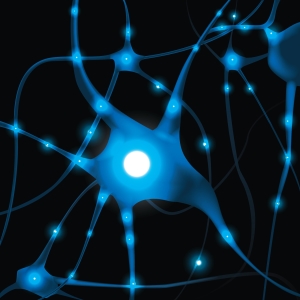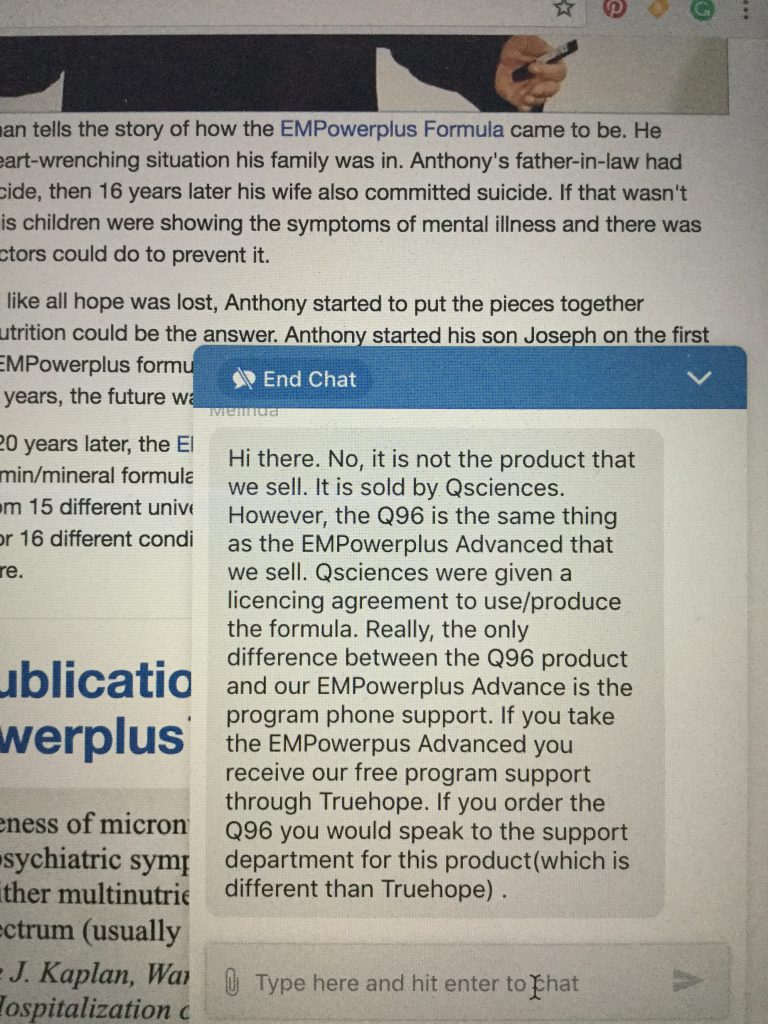
Does magnesium help anxiety? Yes, magnesium helps relieve pressure. Mineral relaxes muscles, aids in producing energy in mitochondria, and supports the brain and its functions. Individuals who experience fear and anxiety contain adrenaline made by adrenal glands. Adrenaline is the hormone, neurotransmitter, and medication that depletes calcium, sodium, potassium, and magnesium.
How does anxiety happen?
Adrenaline is produced by the adrenal glands when we feel stressed, scared, or threatened. Adrenaline keeps us in an intense mode. It prepares us to fight or run away from danger. Together with adrenaline, the hormone cortisol is produced. This hormone helps just in an emergency. When stress is prolonged, cortisol can participate in breaking down proteins. It can lead to muscle wasting. Happiness does not produce adrenaline, except enormous joy when people are overwhelmed with emotions.

However, people who like scary movies, risky traveling, hor financial adventures can be addicted to adrenaline. This hormone keeps you high and excited. The consequence is the depletion of minerals and magnesium as well.
Magnesium deficiency leads to increased heart rate, blood pressure elevation, and muscle tension. You have a feeling that you are ready to fight or to fly.
Besides, when you are magnesium deficient, you will experience more stress. The body can suffer panic attacks, leading to more stress and more magnesium depletion.
Over 32 percent of Americans suffer from depression, drug problems, and anxiety. Magnesium could solve all these problems. This mineral provides a calming, relaxing effect on muscles, tissues, and cells.
Calcium and magnesium correlation
You would think that calcium is a vital mineral. Yes, it is, but calcium has relationships with magnesium. During anxiety time, stress occupies the body, and adrenaline is secreted. Calcium is required for the stimulation of adrenaline release. When is too much calcium, there is more adrenaline.
Sufficient magnesium keeps calcium in moderate quantities and, in this way, reduces the level of stress.
Benefits of magnesium
Magnesium is vital for over 65 conditions. These conditions happen when magnesium is deficient. One hundred factors show that the body lacks magnesium. Anxiety is one of them.

Many magnesium facts show how we depend on this pure mineral.
- Magnesium participates in enzyme systems functioning. Enzymes are proteins that help the body properly metabolize food. Food needs to be broken into the smallest particles to reach organs, tissues, and cells. Enzymes are mineral-dependent.
- Magnesium protects cells from excess calcium. Too much calcium can harm cells.
- Magnesium participates in the Krebs cycle, where adenosine triphosphate ATP is created. Magnesium takes part in six steps of a process.
- Magnesium prevents telomeres from deteriorating. Telomeres are like small caps on the ends of DNA. If they broke, chromosomes could be damaged too.
- Magnesium protects joints helping dissolve calcium that builds up.
- Magnesium helps with kidney stones, teeth grinding, and musculoskeletal conditions.
- Magnesium is needed for serotonin. This neurotransmitter elevates mood and depends on magnesium. Thankfully, it that more magnesium and more happiness around.
- Magnesium helps with diabetes because insulin needs magnesium too. Magnesium allows insulin to transfer glucose to cells.
- Magnesium aids in muscle spasms. Headaches can occur when neck and head muscles tense.
- Magnesium deals with heart muscle damage and cardiac arrhythmia. The heart, especially the left ventricle, has the highest magnesium in the whole body.
- Magnesium helps with the detoxification of heavy metals.
- Magnesium helps with insomnia, fatigue, anxiety, and migraine.
- Magnesium helps boost the brain’s power.
You see that magnesium is a crucial part of the whole picture of what is going on in the body.
When people lack magnesium, they get problems; what is sad is that there is not so much attention from mainstream media about this vital mineral.
Of course, other minerals cannot be thrown away, but magnesium has many roles in our well-being.
Musicians and magnesium

I cannot stop thinking if musicians who are now playing and creating music in heaven would still be with us if they took magnesium. I have ReMag in mind because this dietary supplement has no side effects. The effect is instant because ReMag goes straight to the cell and helps in various situations.
These guys and girls, men and women, experience anxiety, anticipation, fear, and stress. The loud sound, responsibility, and concern that the public will not accept them deplete resources of magnesium. Why?
When we have stressed, our adrenal glands produce adrenaline and cortisol. These hormones prepare us to escape unwanted conditions elevating heart rate, pumping more blood, and increasing blood pressure. Unfortunately, musicians stay in one place. Of course, some can jump around, but these factors do not work for magnesium. Stress not removed. Magnesium depletes, and symptoms of anxiety, insomnia, or high blood pressure can occur.
Many musicians take drugs and alcohol to conquer stress, tiredness, and lack of energy. Some medications, such as Inderal, contain beta-blockers. It constricts bronchial tubes and decreases heart rate. Inderal helps with fear and anxiety. Unfortunately, insomnia, sexual dysfunction, and skin rash can occur. Not all people experience side effects. However, taking in higher doses, side effects are not pleasant.
According to Dr. Carolyn Dean, M.D., N.D., the safest way to escape anxiety and get help for muscle tension or injuries is to take magnesium. ReMag is 100 percent absorbable at the cellular level. You can rub it into the skin or make it orally.
You would think about how it can be so easy. Can magnesium solve all problems? Yes, if you do not have a first-degree burn or collusion with the truck, magnesium can help in many situations. Read the book The Magnesium Miracle, and you will see how much this pure mineral can change your life.
Nature creates our body so that if you provide it with all vital nutrients, the body takes care of itself.
Wrapping up
Yes, magnesium helps with anxiety. It is a mineral that relaxes and provides energy for the body naturally. Magnesium was in our bodies thousands of years ago. Unfortunately, people have more stress now than in the Middle Ages or when dinosaurs roamed freely. Humans just run away from the danger and move on with their lives. Now people are stressed daily unless they hide in the forest or live in a monastery from the world’s temptations.
Nowadays, people are stressed more than before without special techniques such as meditation, yoga, breathing exercises, and nutritional supplementation.
Can you do something to escape this misery? Of course, you can. Listen to your body, care for your mental and physical health, and search for answers. When you are informed and not in the maze of fake news, you will make decisions that will benefit you and your loved ones.
P.S. Take magnesium for anxiety.













